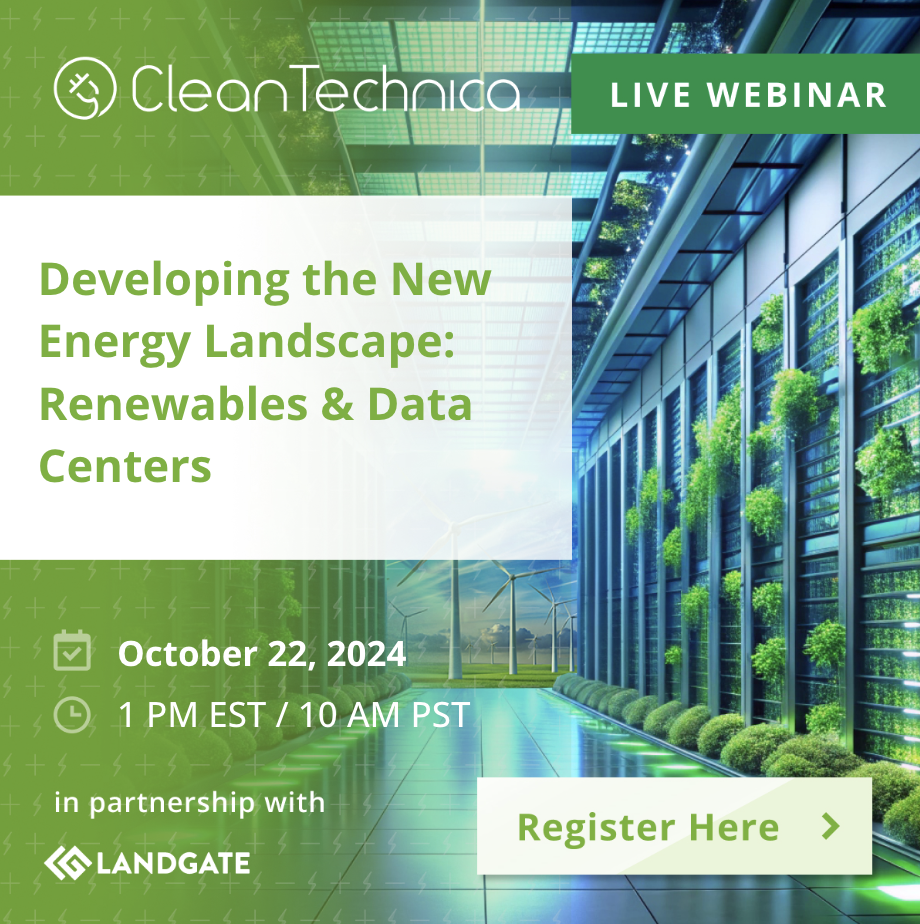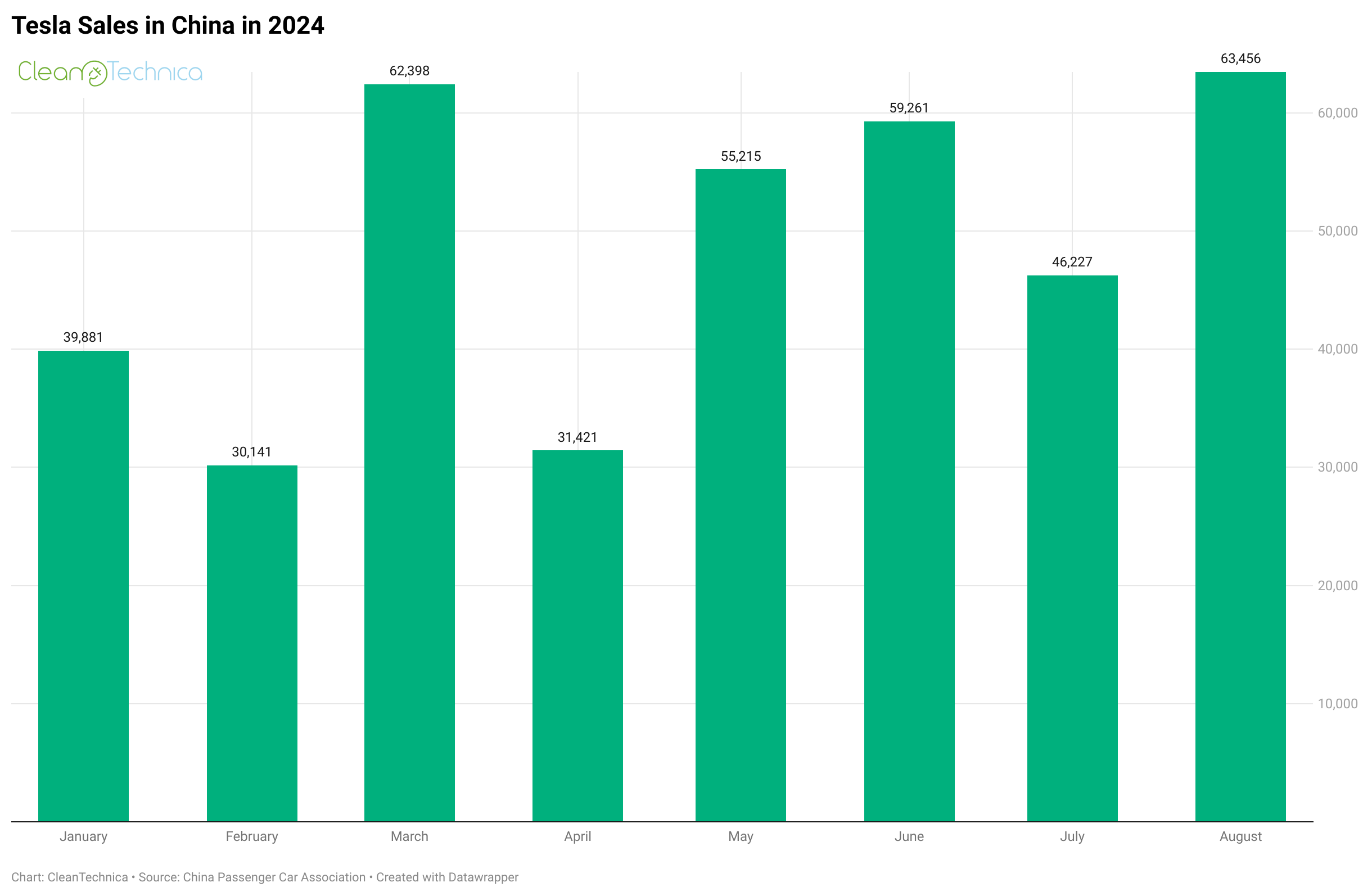Sign up for daily news updates from CleanTechnica on email. Or follow us on Google News!
Let me start with some personal history and perspective. I believed in the Tesla story and mission, and its targets, starting in 2012. When people were skeptical about the Tesla Model S and Supercharging, I thought they were great and was bullish on Tesla’s future. When people said the Model X could never be built, I believed it could, said as much, and happily watched Tesla prove people wrong. When people said a battery “gigafactory” would be a disaster and would sink Tesla, I didn’t believe that and thought it was a brilliant move. When people said that Tesla could never produce a mass-market, high-volume, lower-cost model — the Model 3 — I thought they were wrong and looked forward to the Model 3 disrupting the auto industry, and it did. I spent nearly a decade believing in pretty much everything Tesla was saying it would do, defending the company and its plans, and then happily watching Tesla prove critics wrong.
However, there are some things Tesla has clearly not delivered on as well. The Tesla Semi was supposed to be disrupting heavy-duty trucking years ago, and it seems almost non-existent and constantly ignored on the back burner. The Tesla Cybertruck was introduced with much more compelling specs and prices than it has today. Those in the supportive camp contend that this is just the normal ramp-up process and Tesla will reach those initial targets. I am skeptical on the Semi and Cybertruck now, but have I become the doubter without vision who will be proven wrong, or has Tesla lost its way? Though, this is not the most important matter and not what I’m here to write about.
Elon Musk said the Tesla Model 3 was Tesla’s last “bet the company” project. That was a few years ago. Tesla is still making plenty of profit on its electric cars, but it has focused much of its time, attention, and resources on developing robotaxi-capable Full Self Driving in recent years and Musk has said on multiple occasions that investors should either believe in the company’s AI, robotaxi, and robotics plans and approach or should not be invested in Tesla. That sounds a lot like a “bet the company” project, or a couple of them.
After years of missing full self driving and robotaxi forecasts, massively even, I have to say that I am not bullish on Tesla’s plans or approach. But, again, and more seriously here, I have to wonder, have I become the doubter without vision who will be proven wrong, or has Tesla lost its way? Elon Musk is late, as he has been in the past, but that doesn’t mean the robotaxi race is over.
There are issues, though. For one, while mass manufacturing electric cars and developing the necessary supply chains is certainly not easy (hence so many skeptics claiming Tesla couldn’t do it), it is a whole different thing from developing software that can reliably and safely drive humans around millions of miles a day in an unfathomably wide variety scenarios. It is not just another vehicle, another supply chain challenge, and another manufacturing challenge. It is much deeper and more complicated than that. Have Elon Musk and crew bitten off much more than they can chew? If Musk had such trouble forecasting manufacturing timelines, is it possible his timelines for a much more complicated task are going to be an order of magnitude or more off?
I honestly do not know the answers to these questions. Otherwise, my headline would have been different. I know many claim Musk will succeed and many others claim he won’t. Both sides seem equally convinced. As indicated, I have become more skeptical and optimistic, but I have also seen FSD improve a great deal.
There is one more part of the story that I think many people put a simplistic summary on. As everyone knows, Elon Musk has gone from having almost no involvement in politics to being very political. Those on the right think those on the left who don’t agree with him at all have come to hate Tesla and not believe in anything Musk is doing there out of pure political tribalism and spite. Perhaps that is true to a great extent, but if it is, I have contended that it will greatly hurt Tesla’s consumer demand, sales, and profits. I think it could even shake the financial foundations of the company. However, while Tesla sales in 2024 are indeed down year over year, they have not crashed.
However, the political sideshow is actually important to me as it relates to the bigger discussion in this article. There are Republicans who I think are very logical people who base much of their thinking on solid research and logic — even though I disagree on some of the fundamentals and the more complicated analyses. But what I see with Elon Musk is much more concerning. Far from relying on real research or “first principles thinking,” I have found that he is consistently quick to believe wild claims based on a short tweet, and doesn’t rely on research to build up to a conclusion but rather searches out claims or “research” to prove an assumption no matter how unreliable or poor those claims or research are. I don’t see him getting to the bottom of things before making claims, and then doubling down, and then tripling down, etc. And once he has dug himself into a hole, he just keeps on digging. As implied, these claims are often wrong, and proven wrong, but his system of analysis and communication has not taken that into account and improved. It’s the same thing over and over again. (And one does not need to rely on news coverage of his statements to see this — one just needs to read what he tweets and then read the corrections to his incorrect claims if you don’t already know them.) This makes me legitimately concerned about his approach to Full Self Driving and robotaxis. He has been going down the same path for nearly a decade. How much was all of that based on a false assumption or two? Or were the assumptions right and it’s just a matter of timing? Is he just constantly doubling down and tripling down and quadrupling down because he cannot accept being wrong, or is he on the right track in this case because of a fundamental understanding of software, hardware, AI, and how cars work and his timelines were just all off?
I know — it is perhaps not as compelling that I don’t come to a solid conclusion, especially if you strongly believe Musk is wrong or strongly believe he is right. So far, critics of Musk’s AI approach can say they’ve been right. However, the same was said of people claiming for years they were right that Tesla couldn’t mass produce cars, and then other cars, and then much more high-volume cars. This is just a whole different thing, somewhat like social issues and politics are — much more complicated. Jumping to conclusions quickly is not advisable, and then then trying obsessively to rationalize those assumptions is downright risky, and can make one look foolish, or even extremely foolish.
Well, by 2027, we should see. One problem, though, is that the target has already moved from ~2020 to ~2027. In one regard, this is already a great failure. Whether Tesla is redeemed in the next few years or this turns into a massive failure is dependent on who is right in “round two” of the Tesla story.

Have a tip for CleanTechnica? Want to advertise? Want to suggest a guest for our CleanTech Talk podcast? Contact us here.
Latest CleanTechnica.TV Videos
CleanTechnica uses affiliate links. See our policy here.
CleanTechnica’s Comment Policy





